- Home
- Foot & Ankle Conditions
- Less Common Conditions
- Brachymetatarsia
Brachymetatarsia: causes, symptom and treatments
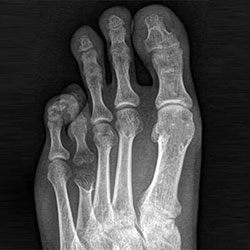
What is brachymetatarsia?
Brachymetatarsia is a relatively rare condition that occurs when one or more of the toe bones (metatarsal bones) is significantly shorter than the others.
It can be a congenital condition or acquired and is most often seen bilaterally (affecting both feet) involving the fourth metatarsal. If there is more than one shortened toe on the foot, it is termed brachymetapody. When the condition affects the first metatarsal, it is referred to as Morton’s syndrome.
-
Dr. Gina Nalbandian specializes in reconstructive and revisional foot and ankle surgery, foot and ankle trauma, sports medicine, lapiplasty, and limb salvage.
While an undergrad, Gina volunteered at free clinics, hospitals and with the AIDS Project in Los Angeles, all the while exploring various careers in medicine. She also conducted and published her research in the lab on campus. “I soon found out that the lab life wasn’t for me, and I wanted a more hands-on approach to medicine,” she says.
Dr. Nalbandian did her residency at St. Elizabeth’s Medical Center in Boston, which is affiliated with Tufts University. As a resident, she served an academic coordinator and chief resident.
A resident of Sherman Oaks, Gina continues to volunteer her expertise with the Special Olympics, Happy Feet (providing foot care at homeless shelters), and the Boston Marathon.
 This review is for the Physical Therapy group...Jason is amazing! I had pretty severe tendonitis in my ankles and he got me ba...Kathie N.
This review is for the Physical Therapy group...Jason is amazing! I had pretty severe tendonitis in my ankles and he got me ba...Kathie N. Overall, it was a great experience. I've been coming to Dr. Kellman for about a year and he and his staff are very helpful.Vanessa W.
Overall, it was a great experience. I've been coming to Dr. Kellman for about a year and he and his staff are very helpful.Vanessa W. ExcellentDebasish M.
ExcellentDebasish M. Dr. Briskin was wondering in treating my daughter. He has a wonderful bedside manner and just a great disposition. I highly rec...Kelli B.
Dr. Briskin was wondering in treating my daughter. He has a wonderful bedside manner and just a great disposition. I highly rec...Kelli B. Everyone was friendly and professional.Victor L.
Everyone was friendly and professional.Victor L. Very efficient and an excellent serviceHorwitz J.
Very efficient and an excellent serviceHorwitz J. Chaos in the office checkin. We weren’t forewarned about the iPad data collection. That made me late for a following appointmen...Carl C.
Chaos in the office checkin. We weren’t forewarned about the iPad data collection. That made me late for a following appointmen...Carl C. Dr Nalbandian is an exceptional doctor and person. The staff respectfully & compently delt with an issue I had regarding a prev...Karen M.
Dr Nalbandian is an exceptional doctor and person. The staff respectfully & compently delt with an issue I had regarding a prev...Karen M. Dr. Justin Franson absolutely rocks! Phenomenal doctor with tons of experience. He's always professional, amicable, patient a...Manuel R.
Dr. Justin Franson absolutely rocks! Phenomenal doctor with tons of experience. He's always professional, amicable, patient a...Manuel R. Visiting the office is a pleasurable occurance.Thomas J.
Visiting the office is a pleasurable occurance.Thomas J. Dr Kelman and his staff are always wonderfully caring and respectful to my father who has Alzheimer's dementia.Erland E.
Dr Kelman and his staff are always wonderfully caring and respectful to my father who has Alzheimer's dementia.Erland E. Thank you for being there for your patients.Dieter B.
Thank you for being there for your patients.Dieter B.
-
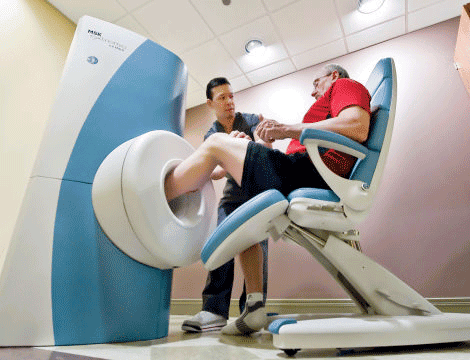 Listen Now
Revolutionizing Extremity Imaging: UFAI's Open MRI for the Foot and Ankle
Read More
Listen Now
Revolutionizing Extremity Imaging: UFAI's Open MRI for the Foot and Ankle
Read More
-
 Listen Now
Common Foot Problems In Aging Feet: What To Watch Out For
Read More
Listen Now
Common Foot Problems In Aging Feet: What To Watch Out For
Read More
-
 Listen Now
How to Choose Running Shoes: 6 Essential Steps
Read More
Listen Now
How to Choose Running Shoes: 6 Essential Steps
Read More
-
 Listen Now
15 Summer Foot Care Tips to Put Your Best Feet Forward
Read More
Listen Now
15 Summer Foot Care Tips to Put Your Best Feet Forward
Read More
-
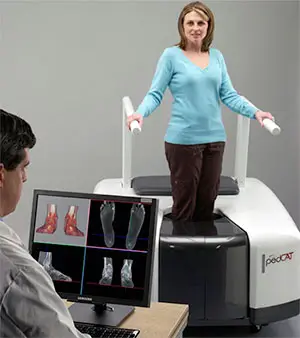 State-of-the-Art CT Scanning, Now in Our Office
Read More
State-of-the-Art CT Scanning, Now in Our Office
Read More
-
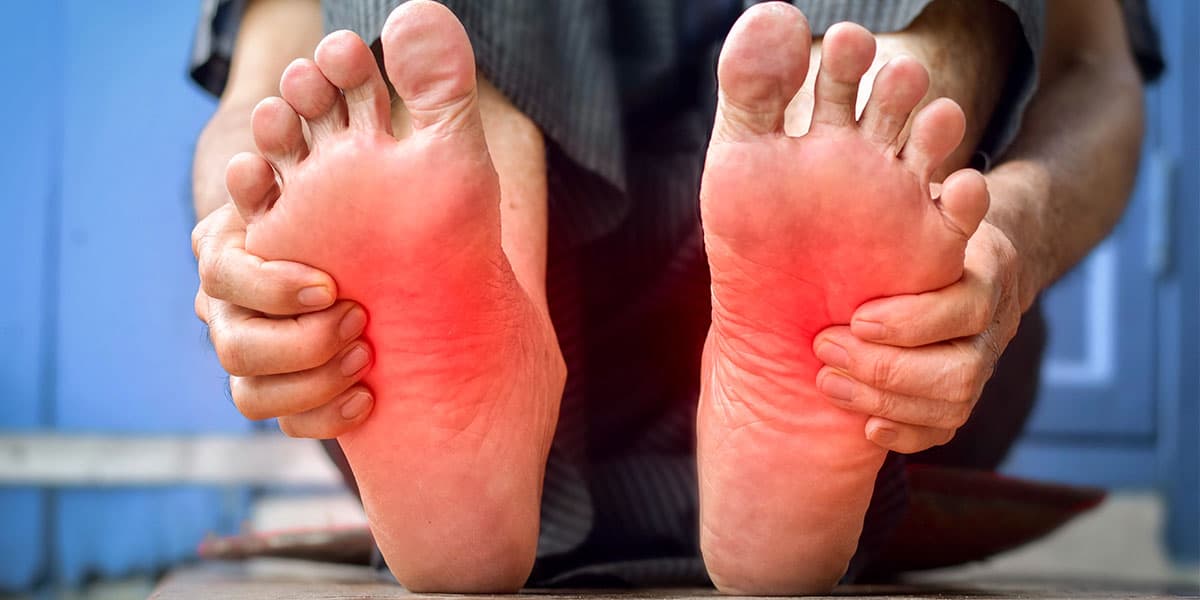 Listen Now
What is erythromelalgia?
Read More
Listen Now
What is erythromelalgia?
Read More
-
 Listen Now
Is Foot Analysis Better than Horoscopes? What Do Your Toes Reveal About Your Personality?
Read More
Listen Now
Is Foot Analysis Better than Horoscopes? What Do Your Toes Reveal About Your Personality?
Read More
-
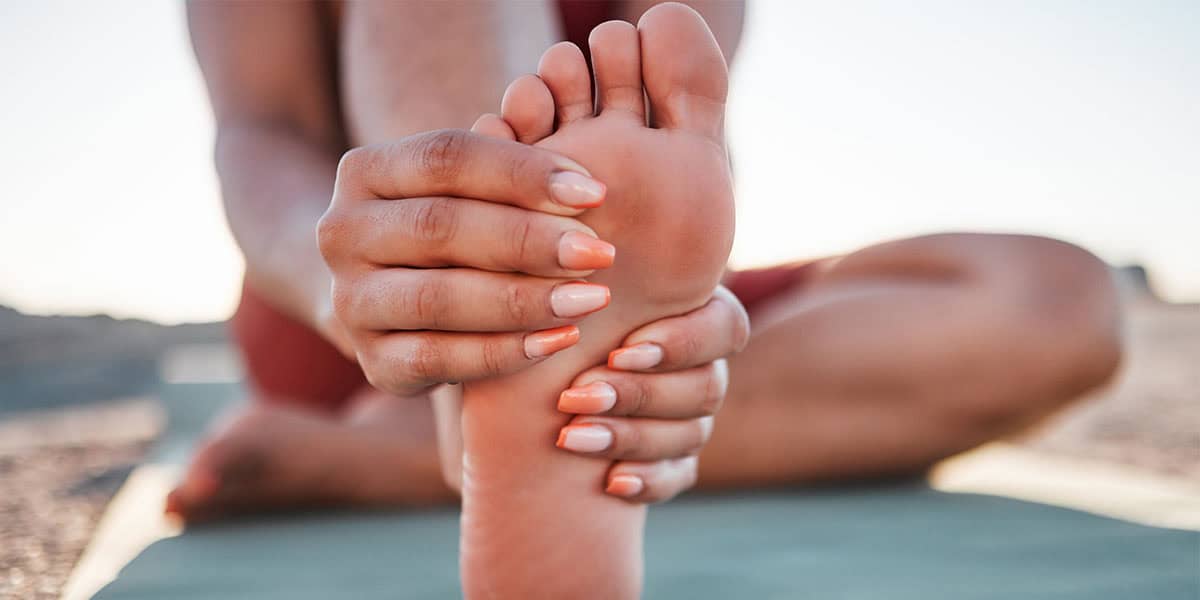 Listen Now
Could Feet Be the Windows to Your Health?
Read More
Listen Now
Could Feet Be the Windows to Your Health?
Read More
-
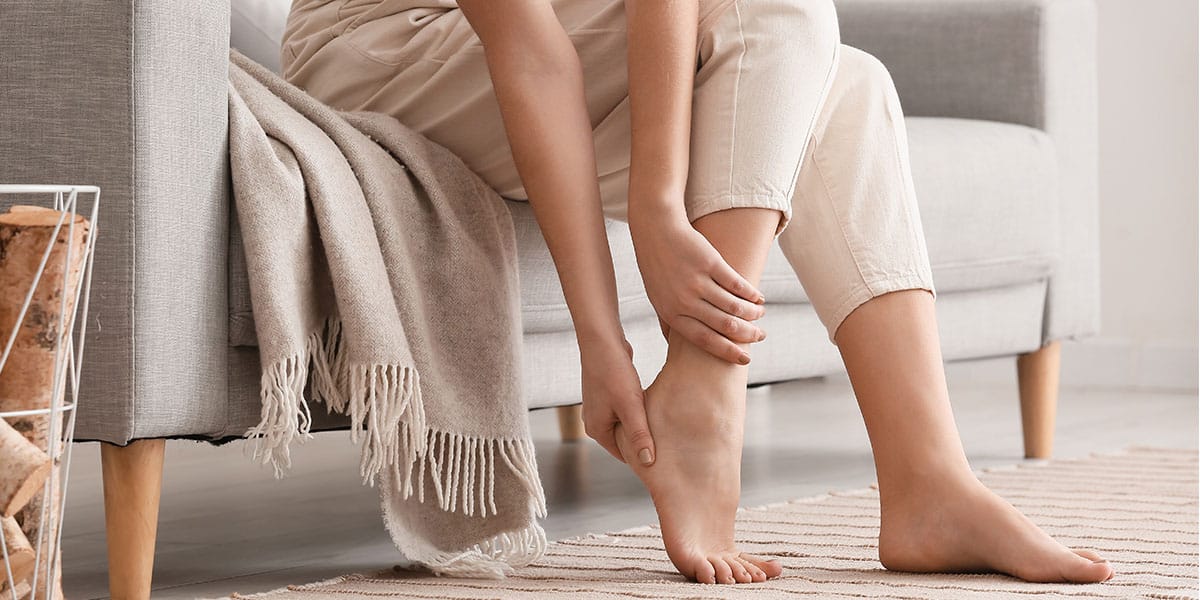 Listen Now
The Link Between Foot Health and Posture
Read More
Listen Now
The Link Between Foot Health and Posture
Read More
-
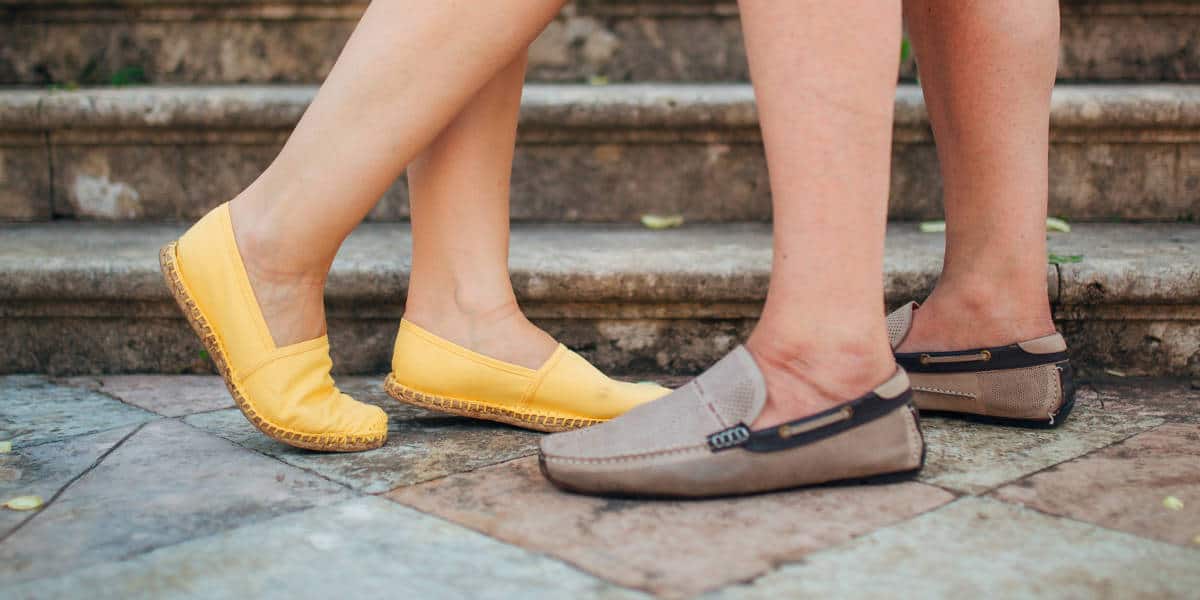 Listen Now
Revealing the Secrets of Men's and Women's Shoe Sizes: Why Are They Different?
Read More
Listen Now
Revealing the Secrets of Men's and Women's Shoe Sizes: Why Are They Different?
Read More
-
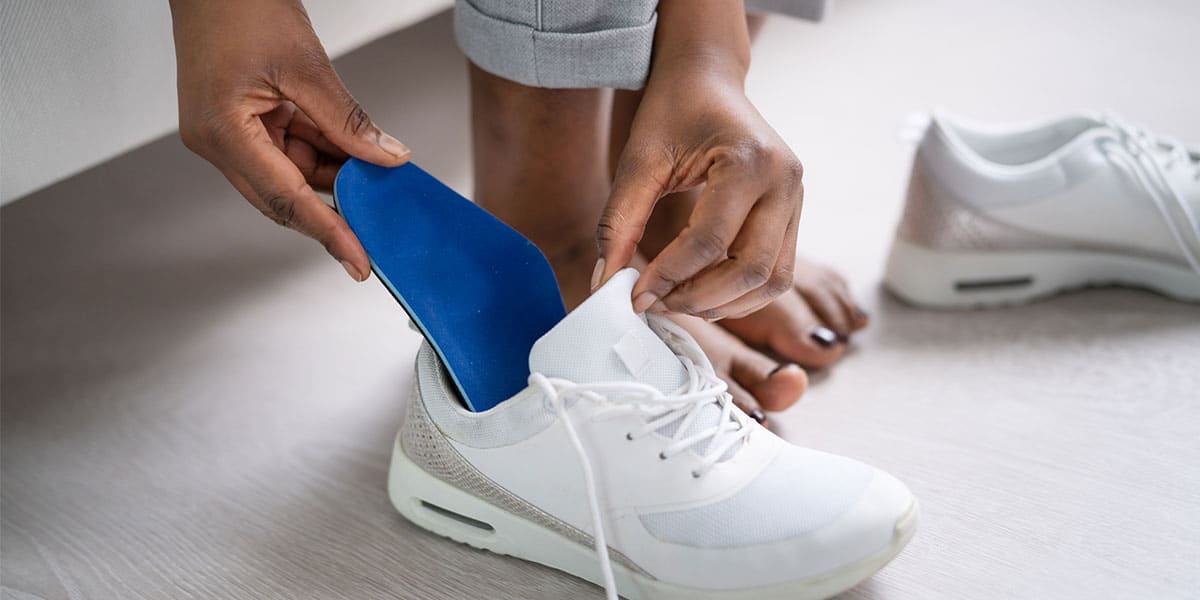 Listen Now
Custom Orthotics vs. Over-the-Counter Inserts: Which Are Best for Your Feet?
Read More
Listen Now
Custom Orthotics vs. Over-the-Counter Inserts: Which Are Best for Your Feet?
Read More
-
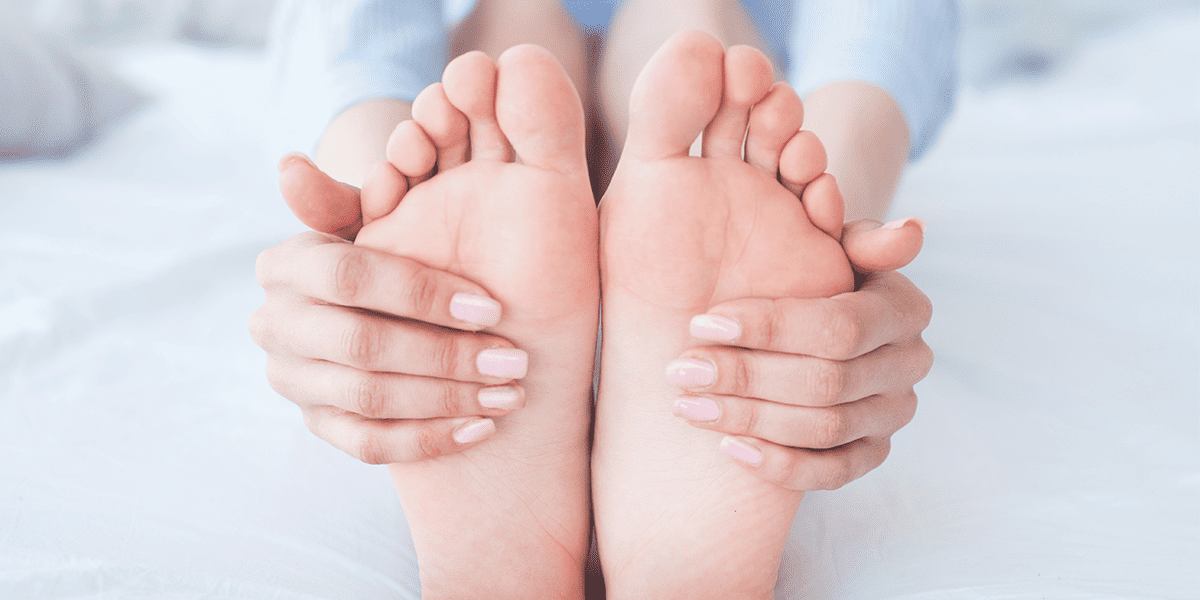 Listen Now
Why Are My Feet Different Sizes? It's More Common Than You Think
Read More
Listen Now
Why Are My Feet Different Sizes? It's More Common Than You Think
Read More
-
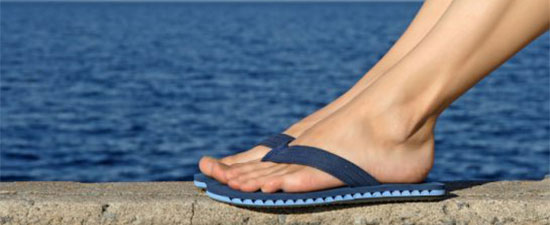 Listen Now
Flip-flops Causing You Pain? Protect Your Feet This Summer!
Read More
Listen Now
Flip-flops Causing You Pain? Protect Your Feet This Summer!
Read More
-
 Listen Now
9 Running Tips from Sports Medicine Experts
Read More
Listen Now
9 Running Tips from Sports Medicine Experts
Read More
-
 Listen Now
Do blood pressure medicines cause foot pain?
Read More
Listen Now
Do blood pressure medicines cause foot pain?
Read More















